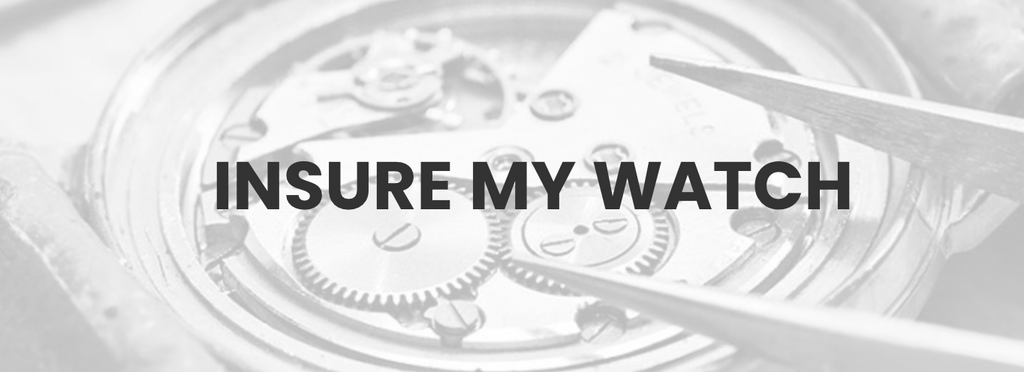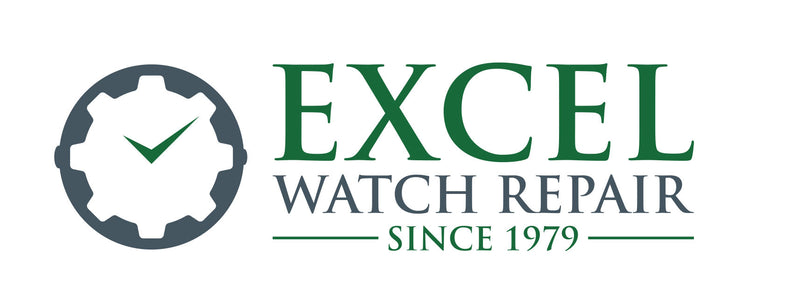Can I Insure My Watch? What Are My Options?

A watch, beyond its primary function of timekeeping, can be an investment, a family heirloom, or a symbol of a significant life event. Given the sentimental and monetary value a watch can hold, the thought of it getting damaged, lost, or stolen can be unnerving. This is where insurance comes into play. If you're pondering the question, "Can I insure my watch?", the answer is a resounding "Yes!" Let's delve into the options available to you.
1. Homeowner's or Renter's Insurance:
-
Standard Coverage: Many homeowner's or renter's insurance policies often cover personal belongings, which include jewelry and watches. However, there's usually a limit to the coverage amount, which might not cover high-value watches in their entirety.
-
Scheduled Personal Property: For valuable watches, you can add a scheduled personal property endorsement to your homeowner's or renter's policy. This provides additional coverage specifically for named items, ensuring your watch is covered up to its appraised value.
2. Standalone Jewelry and Watch Insurance:
-
Specialized Coverage: Several insurance providers specialize in jewelry and watch insurance. These policies are tailored to cover scenarios specific to watches, such as accidental damage, theft, or loss.
-
Appraisal Requirement: Standalone policies often require a recent appraisal of the watch to determine its value and the premium for coverage.
3. Travel Insurance:
-
Coverage Abroad: If you're traveling with your valuable watch, consider getting travel insurance that covers personal belongings. This can protect your timepiece from theft, loss, or damage during your journey.
-
Limitations: Similar to standard homeowner's or renter's insurance, there might be coverage limits. Ensure the policy covers the full value of your watch.
4. Warranty vs. Insurance:
-
Manufacturer's Warranty: Many watch brands offer warranties that cover defects or mechanical issues. However, these typically don't cover accidental damage, loss, or theft.
-
Extended Warranties: Some retailers offer extended warranties at an additional cost. While these can be more comprehensive than manufacturer warranties, they still might not offer the complete protection that insurance does.
5. Key Considerations When Insuring Your Watch:
-
Appraisal: Ensure you get an accurate and recent appraisal of your watch. This will determine its value and the coverage amount.
-
Photographs: Keep clear photographs of your watch from different angles. This can be helpful in the event of a claim.
-
Premiums and Deductibles: Understand the cost of premiums and any deductibles. A lower deductible often means a higher premium and vice versa.
-
Coverage Details: Read the policy carefully. Understand what scenarios are covered (theft, damage, loss) and any exclusions.
-
Claim Process: Familiarize yourself with the claim process. In the event of a loss, you'll want the process to be as smooth and quick as possible.
In Conclusion:
Whether your watch is a luxury investment, a treasured gift, or a collector's item, insuring it provides peace of mind. By understanding the various insurance options available and carefully evaluating your needs, you can ensure your precious timepiece is protected against life's unforeseen events.
